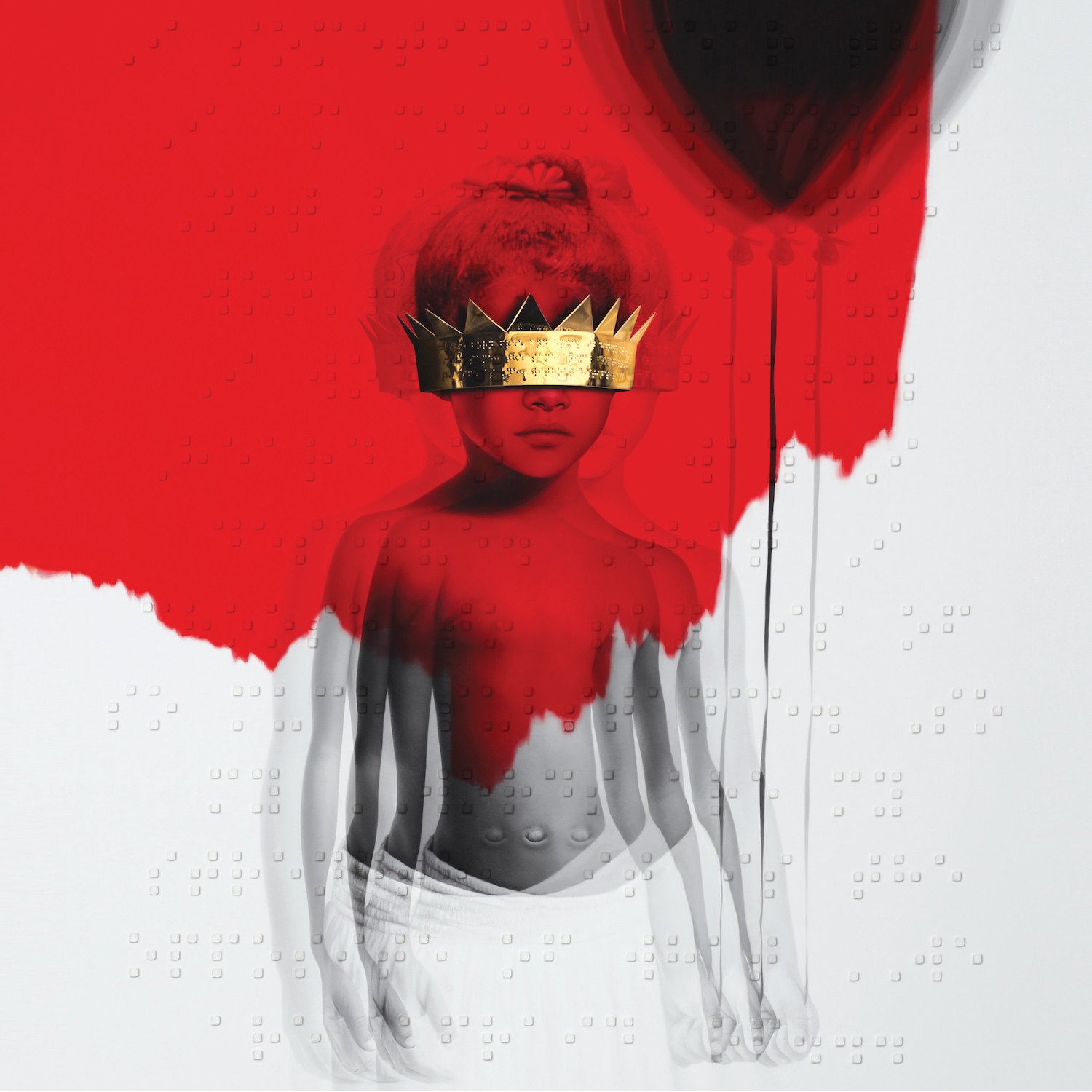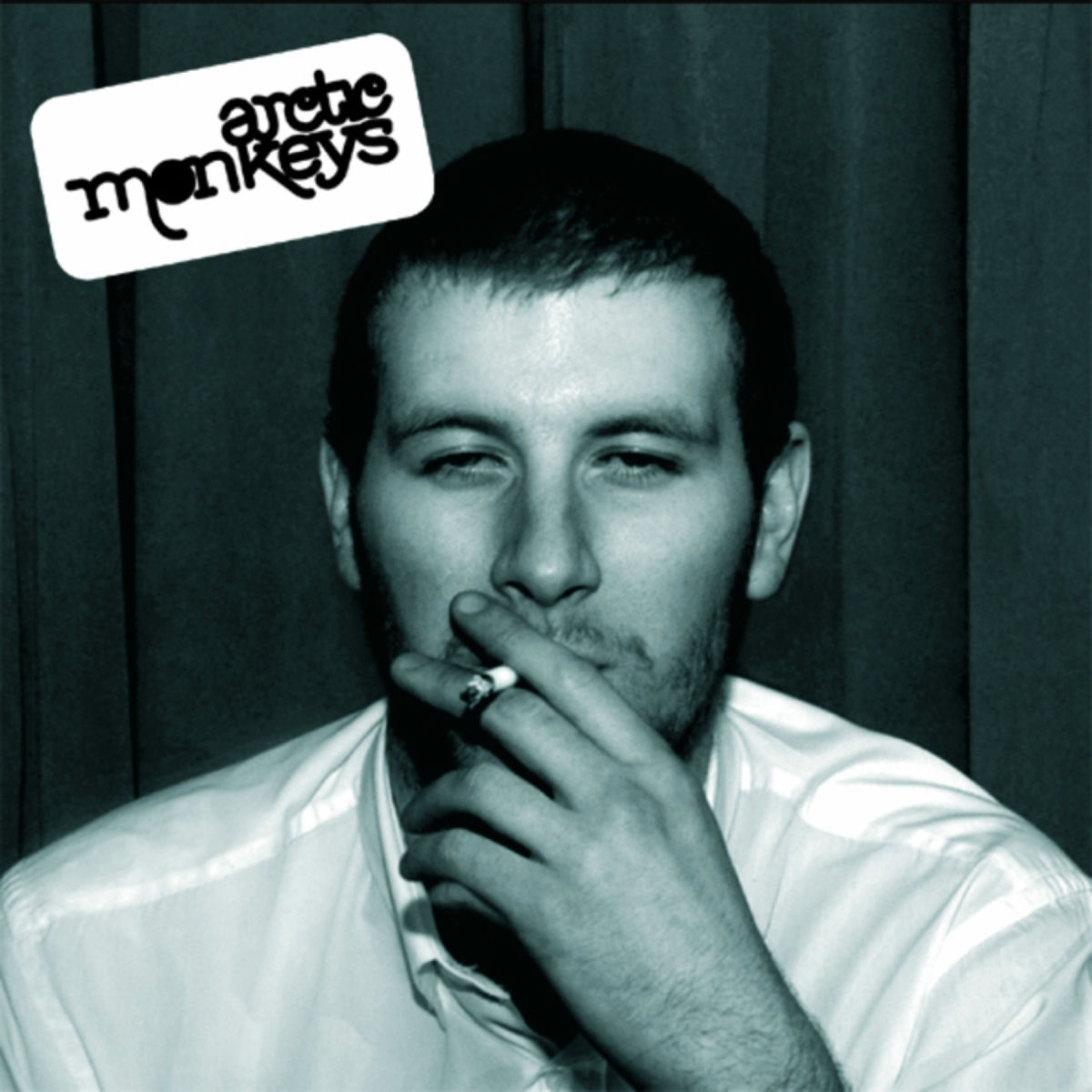Have you thought about Franz Ferdinand much lately? After the one two-punch of their self-titled debut in 2004 and You Could Have It So Much Better in 2005, the Scottish indie rockers slowed down a bit. It took four years for their third album, Tonight: Franz Ferdinand, to appear, and then another four for its successor, Right Thoughts, Right Words, Right Action, to see release, at which point it came and went rather quietly in the grand scheme of 2013. A lot changes in those spans of time. I may be in the minority of people who actually thinks Tonight is the band's best album, and even with that I still haven't gotten around to really listening to last year's follow-up. Mostly, it was surprising to see the name Franz Ferdinand thrown around in your Twitter feed or making any sort of headlines in 2013 -- not because they aren't likable, but just because they seem very rooted in a specific time and place. With a slew of hits in 2004-2006 but an increasingly minor presence since, Franz Ferdinand seem a holdover from that stint of post-punk revivalism -- particularly in British bands -- that followed on the heels of the whole retro-rock thing. Recently, I wrote about the Walkmen's Bows + Arrows turning ten, and how it would still make sense as a new release today. The exact opposite is true of Franz Ferdinand. When I think of how 2004 sounded, this album is a good summary.
This is perhaps due to environmental things as much as anything else. For those of us who were teenagers in small towns in the Northeast -- able to hear echoes from the cities, but still plenty distant -- Franz Ferdinand was the sort of alternative-leaning pop-rock band that served as one of two things. It could be your first taste of alternative-leaning pop-rock, something that gave you a hint there was something beyond the nu-metal that dominated your hometown's aesthetic. (Amazingly, nu-metal still dominates my hometown's aesthetic.) Or, to a burgeoning music listener, they were the sort of band you'd sneer at and say, "Well, they're all right for a mainstream band, but they're far from real alternative." This was 2004: Those sorts of tribal lines were still trying to mean something relevant. And because this was 2004, record stores and video countdowns weren't yet entirely pointless in a young person's quest to explore the music world. Franz Ferdinand were accessible. Franz Ferdinand went platinum in America. The video for "Take Me Out" was inescapable on MTV. They're forever burned into my memory as the sort of band that I'd hear in the mall and, teenaged rockist that I was, at least be thankful they were playing something with guitars that didn't sound like Seether. They're forever burned into my memory as the sort of band some enterprising young-ish teacher would play at high school functions by way of throwing a bone to the art-kid set.
So I mainly remember Franz Ferdinand as a band I wasn't really supposed to like, but a band whose hits I found pretty catchy anyway. Which is selling this album short -- from a historical perspective, anyway. Franz Ferdinand was met with across-the-board critical acclaim upon its release. It won the Mercury Prize. It's easy to take for granted or roll your eyes at now, but they were a not-inconsequential group in a generation of young bands who made rock music feel vital again in an era where there was very much a sense of anxiety about the possibility of such an endeavor. That they did so by explicitly looking back to past forms and styles -- more on which in a moment -- is part of a much bigger issue of retro-leaning post-2000 culture, and is also besides the point. After a late-'90s of all the bands throwing out their guitars for synthesizers (don't let 2013 fool you; that too is cyclical), it was an early '00s of younger bands eschewing synthesizers for guitars. Or, at least, the ones Fuse and MTV and Vh1 played.
And even if I came around to this stuff later, there's no denying how adeptly Franz Ferdinand made guitar music infectious once more. The band still mostly strikes me as a singles band. "Take Me Out," "Dark of the Matinee," "This Fire," and "Michael" -- all just from Franz Ferdinand -- are indelible little bits of mid-'00s rock. It would take an extreme contrarian to try to sell you on the idea that any of their album cuts surpass the singles. For the most part, this is entirely valid, because these singles are pretty unstoppable. Even if the herky-jerky rhythms and steady pulses and Alex Kapranos' vocal delivery are all vintage '04 indie rock, that doesn't change the fact that Franz Ferdinand did it amongst the best. As much as they sound very much of their era, these are still excellent, earworm-y songs. Personally, I've always been partial to "Michael"; its chorus still gets stuck in my head every now and then. The bigger hits were "This Fire" (which sounds really 2004 in perhaps the only detrimental instance amongst these tracks), "The Dark Of The Matinee" (which is great and, along with "Tell Her Tonight," adds a little bit of funkiness to the band's early rhythmic palette), and "Take Me Out," which ... you know.
Will "Take Me Out" ever get old? Did it ever get old? Maybe it's already been through cycles of getting old and then sounding fresh again. Whatever the situation, whenever Franz Ferdinand seemed good or bad or hip or unhip, this song has always seemed undying, mostly rightfully. You hear "Take Me Out" at a party, and it might make a few people smirk as it reminds them so specifically of 10 years ago, but in general it's universally loveable. People with only a passing interest in music and diehard listeners alike can find common ground with a song like this, neither party needing to identify it as a guilty pleasure. That moment, about a minute in, when that perfectly angular little riff finally comes in: that is one of the immortal moments of '00s indie rock. Say what you will about Franz Ferdinand -- not many artists get one of those to their name.
When we come around to these anniversary pieces, there can be a degree of shock. "How can this album be ten years old? Where did that decade go?" "It still sounds great, not a day past a year old." If you're out and "Take Me Out" or one of the other Franz Ferdinand singles comes on, it might bring a smile to your face, but it is one tinged with nostalgia -- even if it's not your own for the band's heyday, then it is for the history they and Arctic Monkeys and the Strokes and the White Stripes and (maybe? Even?) early Kaiser Chiefs evoked. In hindsight, I think my problem with that era of bands was less a matter of trying to navigate false-indie-posturing and nonsensical taste debates, but moreso that they all seemed vaguely cartoonish. The Strokes were a cartoon of old Manhattan edginess, the White Stripes a cartoon of a cartoon of Americana and roots music, and Franz Ferdinand a cartoon of the first wave of popular art-rock bands, the likes of Blondie and Talking Heads, etc. As much as their expansive network of references to different art movements (Futurism, Dadaism, various Russian and German movements, and more contemporary styles all jostle together freely) adds an unforeseen depth to their music, it still feels like a depth specifically of stacked references.
This is the thing about the early '00s class coming around to their anniversaries. Their sound was refreshing when it first hit in those initial years of the new millennium. But within a few years Franz Ferdinand itself already felt like an anniversary of some other thing, someone's platonic ideal of what a post-punk inflected rock album should look and sound like. Perhaps because they blatantly held so much history in them, albums like Franz Ferdinand make 2004 feel very distant. Which is good, in one sense -- it's now easier to enjoy the band for their effortless hooks, without the baggage of their circumstance. But it also means Franz Ferdinand sounds a lot more aged than its ten year birthday would let on. Blame it on the speed of modern life if you want, but even though this is the music I grew up on, it already sounds inherited. It's already classic rock.
[videoembed size="full_width" alignment="center"][/videoembed]






